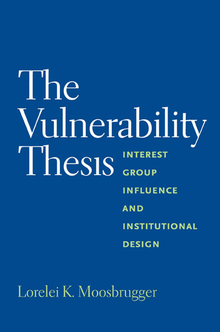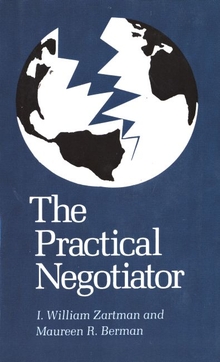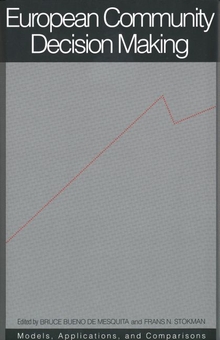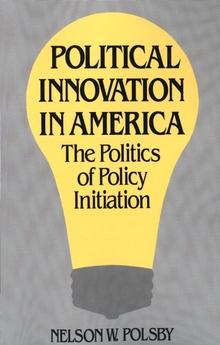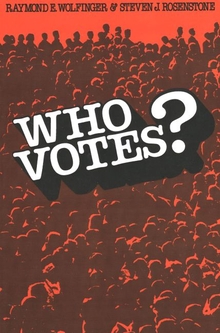The Vulnerability Thesis
WARNING
You are viewing an older version of the Yalebooks website. Please visit out new website with more updated information and a better user experience: https://www.yalebooks.com
Interest Group Influence and Institutional Design
Lorelei Moosbrugger
Where politics is dominated by two large parties, as in the United States, politicians should be relatively immune to the influence of small groups. Yet narrow interest groups often win private benefits against majority preferences and at great public expense. Why? The “vulnerability thesis” is that the electoral system is largely to blame, making politicians in two-party systems more vulnerable to interest group demands than politicians in multiparty systems. Political scientist Lorelei Moosbrugger ranks democracies on a continuum of political vulnerability and tests the thesis by examining agrochemical policy in Austria, Britain, Germany, Sweden, and the European Union.
Lorelei Moosbrugger is an assistant professor of political science at the University of California, Santa Barbara.
"The Vulnerability Thesis presents a simple, elegant, original, and counterintuitive theory of how electoral and institutional features affect the relative influence powerful interest groups in different political systems. The theory is tested with carefully designed case studies of environmental policies regarding the agricultural sector. Political scientists who think that “responsible parties” are best able to impose concentrated costs to achieve public goods will have to reconsider." Gary Jacobson, Distinguished Professor of Political Science, University of California, San Diego
"An outstanding piece of scholarly work that makes important theoretical and practical contributions to the question of democratic accountability. The conventional wisdom is that majoritarian elections that allow voters to “throw the rascals out” will generate
incentives for governments to make policies that benefit a majority of citizens. However, Moosbrugger argues that majoritarian elections
also make decision-makers vulnerable to interest group pressures, and these pressures are likely to be stronger and more sustained than the pressure that voters can exert. The contrary result, therefore, is that the most accountable governments often fail to protect the public interest because they face strong incentives to make policies that benefit interest groups, not voters. This hypothesis is the complete antithesis of the conventional wisdom, and it is fully supported by her empirical evidence. An eye-opener for everyone interested in public policy!"—Arend Lijphart, author of Patterns of Democracy: Government Forms and Performance in Thirty-Six Countries, published by Yale University Press in 1999, with a second, updated edition scheduled for publication in 2012 and Thinking About Democracy: Power Sharing and Majority Rule in Theory and Practice (London: Routledge, 2008).
Publication Date: June 19, 2012

